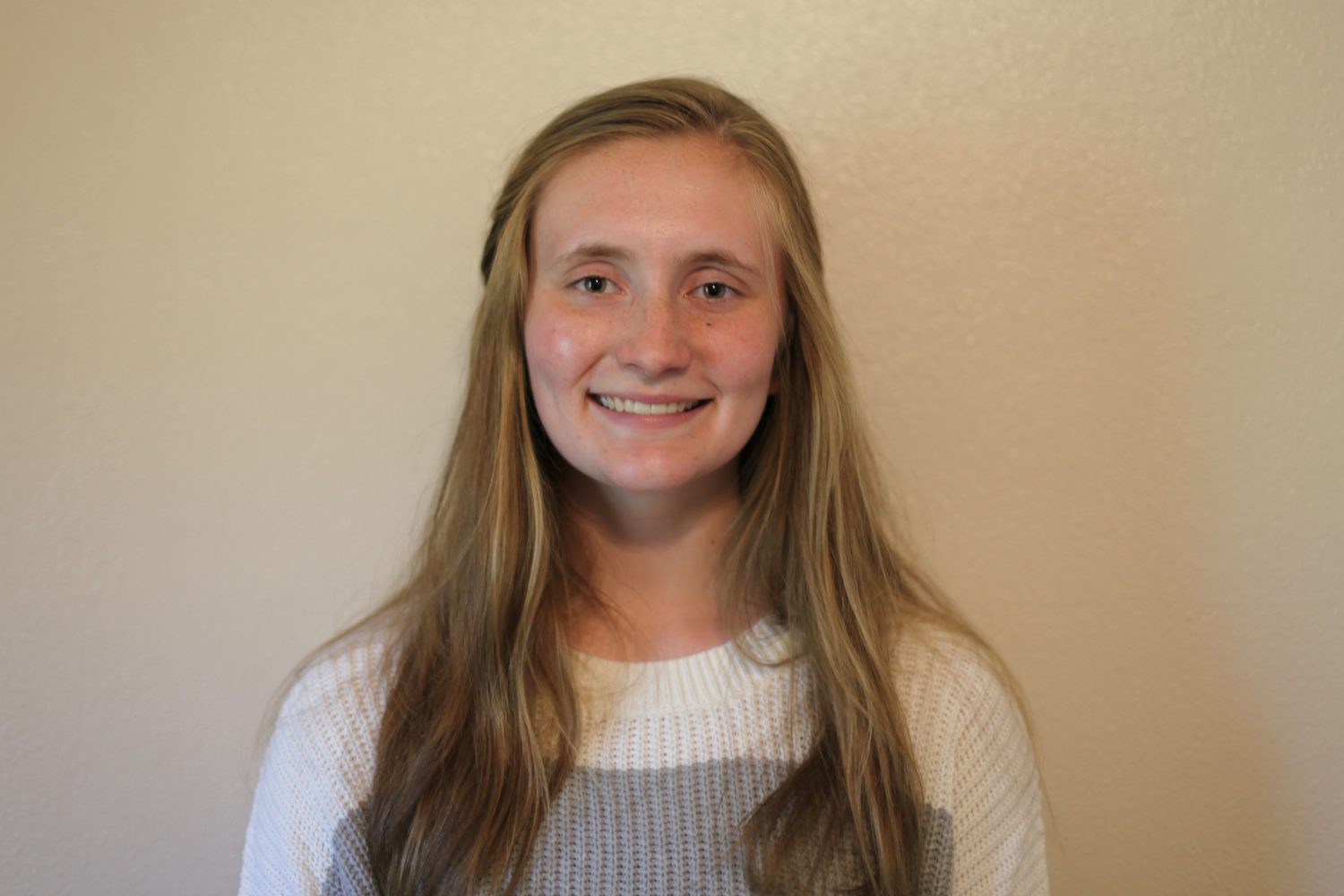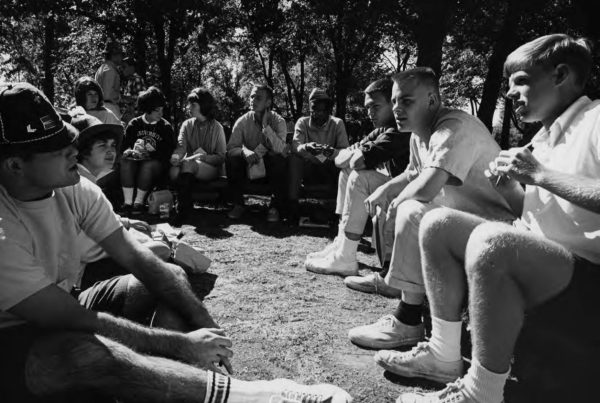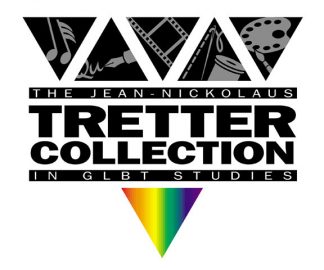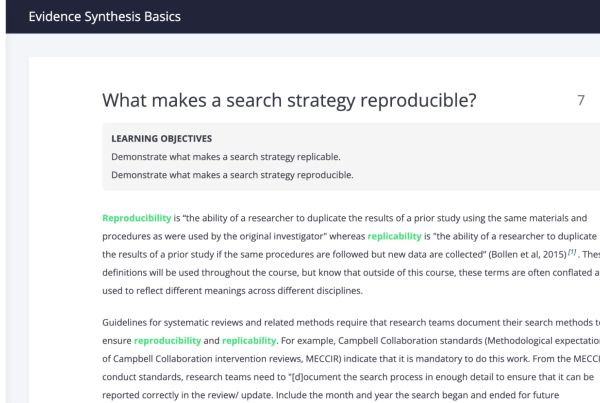Lily Williamson became a Peer Research Consultant because she enjoyed doing research. But she didn’t expect how rewarding it would be to help other students work through their stress and leave the appointment feeling lighter and more prepared.
“I am really happy I found this job. It’s been awesome in pretty much every aspect, and it was something I didn’t even know that I was lacking,” Williamson said.
The Peer Research Consultants (PRC) are trained students who help their peers with research assignments, from finding a topic and asking research questions, to discovering relevant, scholarly sources, to best research practices.
Students can make appointments with a PRC anytime during the semester, either online via Zoom or in-person at Walter Library or the Health Sciences Library.
Learning something new
Williamson, a senior majoring in political science, plans on attending law school in Boston after graduating this spring. So, unsurprisingly, she’s good at essays and research assignments.
Williamson’s first-year writing instructor recommended she become a PRC, so she applied over the summer and started during her sophomore year. She likes working with other students, as well as the job’s flexible hours and work locations.
Going through the research process with other students has helped improve her own writing and reasoning. Knowing what questions to ask, and thinking through those questions, comes quicker and clicks faster.
“With every appointment, I learned something new,” she said. “Even though I’m helping them, students are still giving me insight into how their brain works, which then I can use in my own work as well.”
Easing the semester’s stress
Students often come to appointments with backpacks full of frustration and anxiety, either from hitting a roadblock in their assignment, or from a tight deadline. Williamson helps assuage their worries and come up with a game plan.
One of Williamson’s students is Aleksandr Zaircev, a freshman computer science major and international student from Russia. His English as a Second Language teacher assigned a paper about homesickness for international students and suggested he go to the PRCs.
His appointment with Williamson was “exciting,” and together they found around five sources for the paper. Zaircev has another writing class in the spring semester, and he’s already planning to make more appointments to help refine his research and writing skills.
“Everything was so great,” Zaircev said. “I think connecting will be so useful for me.”
PRCs help instructors too
This is Madeline Melchert’s first year as a graduate instructor, and they’re “pleasantly surprised with how well it’s going.”
Melchert is a scientific and technical communication and rhetoric master’s student and teaches in the first-year writing department. The job has its challenges, so they’ve been relying on their department, cohort, and the U of M Libraries for support.
During week seven, their students started their first foray into academic research for the course. Melchert asked the PRCs to come work with their students and evaluate their sources and writing.
“That was so helpful to me to have someone with more expertise about this part of the writing process come in,” Melchert said. “It was also just really refreshing to hear some new voices and get some new energy into that feedback cycle.”
Students really benefit from peer feedback, they said. When students aren’t confident in doing research, writing essays, or using campus resources, talking with a peer can be less intimidating than asking their instructor or a librarian.
In a relaxed environment, PRC appointments can feel less stressful and have lower stakes. The one-on-one format can also be more personalized, compared to traditional classrooms with full rosters.
‘I know because I’ve used it’
“I really like to outsource certain expertise to the Libraries or Peer Research Consultants. Here is a student support resource that can help you better than I can, and I know because I’ve used it.”
—Madeline Melchert
Melchert makes a point to use the Libraries’ resources, which not only helps them as a student but also as an instructor. Their experiences behind the desk informs their offerings and pedagogies at the front of the classroom.
“I really like to outsource certain expertise to the Libraries or Peer Research Consultants,” Melchert said. “Here is a student support resource that can help you better than I can, and I know because I’ve used it.”
They’ve attended workshops on using databases and data management systems, and they’ve held class sessions at the library with Undergraduate Services Specialist Lacie McMillin, where they learned as much as their students did.
Melchert wants their writing classes to be even more engaged and integrated with the Libraries, and many of their colleagues agree. Every Libraries staff member they’ve met has been warm and welcoming, “which seems simple but is very impactful.” More collaboration is always beneficial, especially in a writing classroom.
“My course librarian Andrew Palahniuk is so kind and communicative and helpful. The Peer Research Consultants are so supportive and lovely and open to questions,” Melchert said. “That’s what makes me want to keep working with the Libraries.”
‘It’s an awesome job’
Even though Williamson is from St. Paul, joining the PRC team helped her find a community on campus.
Her coworkers are “super friendly and nice,” and she’s developed supportive relationships with her students, some who become regulars as the semester progresses.
For current students, Williamson recommends taking advantage of all of University resources — not only the PRC program but also the writing center, the Libraries’ free databases and textbooks, the reference librarians themselves, and other tutoring programs.
And she’d absolutely recommend becoming a PRC.
“It’s an awesome job. You learn a lot, and you’re helping other students get a little more confident in their coursework, and you can really tell you’re making a difference in their school life,” Williamson said.





